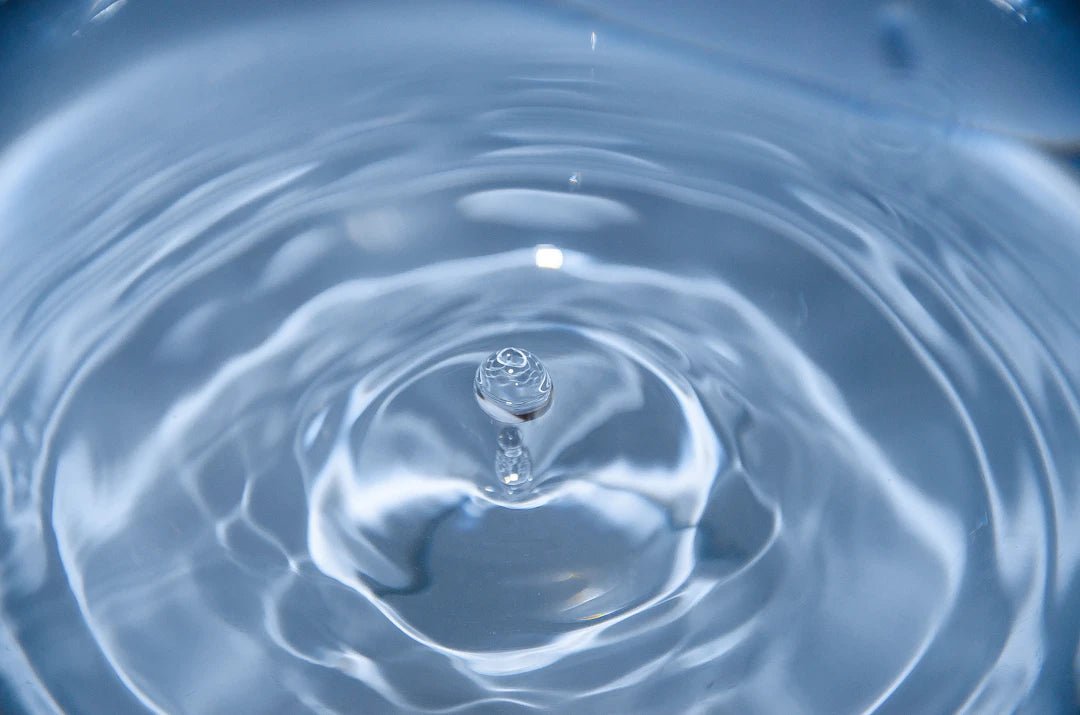Reverse Osmosis vs. UV and Activated Carbon: A Clear Choice
Frequently Asked Questions
1. What should I consider when choosing a water filtration system?
2. What are the main types of water filtration systems discussed?
3. How does Reverse Osmosis work?
4. What are the advantages of using UV filtration?
5. Can I combine different filtration methods for better results?
Choosing the right water filtration system is critical for ensuring the purity and safety of your drinking water. In Australia, we have access to various technologies such as Reverse Osmosis, UV, and Activated Carbon filtration. This guide will compare these methods, helping you make an informed choice when considering options like the Rippl Pure system. Let's dive into what each system entails and how they stack up against each other.
Understanding Water Filtration Systems
Water filtration systems are essential in ensuring that the water we consume is free from contaminants and safe for drinking. By understanding different filtration methods, you can find which system works best for your requirements. Here’s a quick overview of the three popular filtration technologies:
- Reverse Osmosis: A method that uses a semi-permeable membrane to remove impurities from water.
- UV Filtration: Uses ultraviolet light to kill bacteria and viruses, ensuring water safety.
- Activated Carbon Filtration: Utilizes activated carbon to absorb chemicals, chlorine, and other impurities.
What is Reverse Osmosis?
Reverse Osmosis (RO) is a sophisticated filtration technology well-known for its ability to remove up to 99% of dissolved salts, contaminants, and impurities from water. The RO process works by forcing water through a semi-permeable membrane that allows clean water to pass while blocking larger molecules, bacteria, and other impurities.
An essential aspect of the RO system is the need for periodic Reverse Osmosis Filter Replacement. Over time, membranes can become clogged or less effective at filtering contaminants, making it crucial to replace them according to manufacturer guidelines. In Australia, sourcing quality replacement filters ensures you maintain optimal water quality for your family.
The Benefits of Reverse Osmosis
When considering water filtration, the benefits of Reverse Osmosis are numerous:
- Comprehensive Contaminant Removal: RO systems can efficiently remove heavy metals, salts, and microorganisms, delivering pure drinking water.
- Improved Taste and Odor: By eliminating chlorine, sulfur, and other odors, RO significantly enhances the taste of your water.
- Cost-Effective: After initial installation, RO systems remain cost-effective, especially when compared to bottled water.
However, it is essential to note that not all contaminants are removed by RO systems. Some chemicals, such as certain pesticides and volatile organic compounds, may pass through the membrane, which is why it’s often essential to combine RO with other filtration methods.
Diving into UV Filtration
UV filtration focuses primarily on the biological safety of water. This technology utilizes ultraviolet light to deactivate bacteria, viruses, and other pathogens, making it an effective choice for disinfecting water.
How UV Filtration Works
In a UV filtration system, water flows through a chamber where UV light eliminates harmful microorganisms by disrupting their DNA, preventing them from reproducing. It's crucial to understand that UV filtration does not remove chemical pollutants or sediments; it solely focuses on microbial safety.
The Advantages of UV Filtration
UV filtration offers various benefits, particularly in enhancing the safety of drinking water:
- Fast and Effective: UV systems treat water almost instantly, ensuring you have safe water available when you need it.
- Environmentally Friendly: UV systems do not introduce any chemicals into the water supply, making them eco-friendly.
- No Maintenance Required: Aside from replacing the UV lamp periodically, these systems typically require minimal maintenance.
However, the lack of sediment and chemical removal means that UV filtration is often not a standalone solution, especially in areas with problematic tap water.
Breaking Down Activated Carbon Filtration
Activated Carbon systems utilize a porous form of carbon to filter out chemicals, impurities, and contaminants through adsorption. As water passes through the activated carbon filter, impurities stick to the surface, resulting in purified water.
How Activated Carbon Works
Activated carbon is very effective at removing chlorine, sediment, volatile organic compounds, and other chemicals that may affect taste and odor. However, it’s not effective against dissolved solids, heavy metals, or microorganisms.
Pros of Activated Carbon Filtration
Here’s why many Australians opt for activated carbon filtration as part of their water treatment approach:
- Improved Taste: Activated carbon significantly enhances the taste and smell of drinking water.
- Affordability: Generally, activated carbon filters are among the most affordable options for consumer water filtration.
- Easy to Install: Most activated carbon filters can easily be installed on existing water systems without the need for professional assistance.
Despite the high effectiveness in removing specific contaminants, activated carbon does have limitations. It does not kill microorganisms or remove dissolved salts, which may necessitate the use of other filtration methods in conjunction.
Comparing the Three Technologies
When selecting the right water filtration system, comparing Reverse Osmosis, UV, and Activated Carbon filtering will offer insight into their functions and applications. Here’s how they stack up against each other:
| Feature | Reverse Osmosis | UV Filtration | Activated Carbon |
|---|---|---|---|
| Contaminant Removal | High | Microbial Only | Chemicals/Impurities |
| Microbial Safety | Moderate | High | Low |
| Maintenance Requirements | Moderate (Filter Replacement Needed) | Low (Lamp Replacement Needed) | Low (Filter Replacement Needed) |
| Cost | Higher Initial Investment | Moderate Initial Investment | Low Initial Investment |
What is the Best Choice for Australian Homes?
When determining the ideal water filtration system for your home, consider the quality of your tap water, your specific needs, and any contaminants present. For those living in rural areas with potential agricultural runoff, a comprehensive system that employs Reverse Osmosis can be incredibly beneficial. Conversely, city dwellers may find excellent results with UV and Activated Carbon systems that enhance taste while addressing microbiological safety.
The choice of using a combined system, such as an RO unit coupled with UV and Activated Carbon filtration, can maximize the purification process. The Rippl Pure system provides users with advanced filtration options that capture a wide spectrum of contaminants while delivering great-tasting water. This multi-barrier approach guarantees peace of mind for you and your family.
Steps to Selecting Your Water Filter
Here are some steps you can follow to choose the best water filter:
- Assess Your Water Supply: Analyze your water supply, testing for contaminants if necessary.
- Identify Your Needs: Define what contaminants you are most concerned about, be it heavy metals, bacteria, or chemical residues.
- Evaluate Your Budget: Keep in mind the initial investment as well as ongoing maintenance costs for the system chosen.
- Read Reviews and Comparisons: Look into user experiences and compare different filtration systems available in Australia.
By following these steps, you’ll ensure that you select a water filtration system that meets your family’s specific needs. The more informed your decision is, the greater the benefits you can expect from your purchase.
Your Journey Towards Pure Water!
Unleashing the full potential of your water supply can vastly improve your quality of life. Whether you lean towards the efficiency of Reverse Osmosis, the disinfection power of UV, or the chemical absorption capabilities of Activated Carbon, make sure your solution meets your specific requirements. Choosing the right filtration system is an investment in health, purity, and hydration.
So, why settle for anything less? Make sure you’re providing your family with the best water possible with the right filtration system. Consider the benefits of the Rippl Pure solution as a way to ensure long-lasting cleanliness and freshness in your drinking water. With a thoughtful approach to filtration, you can enjoy the clear, pure water that your family deserves.



